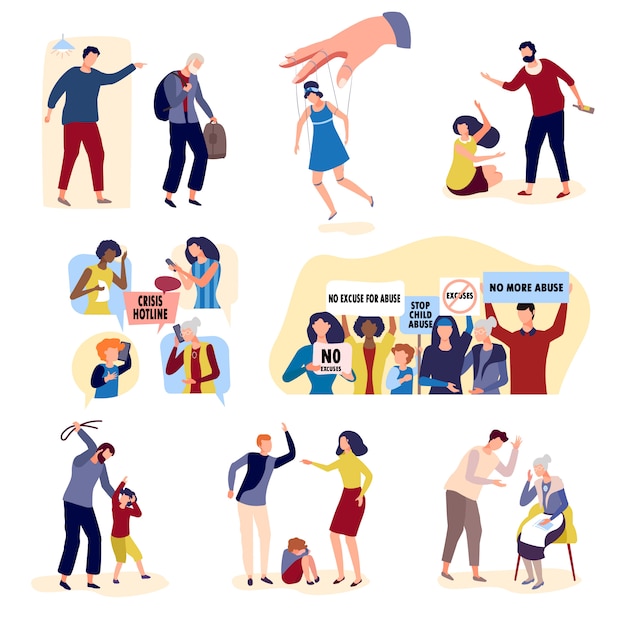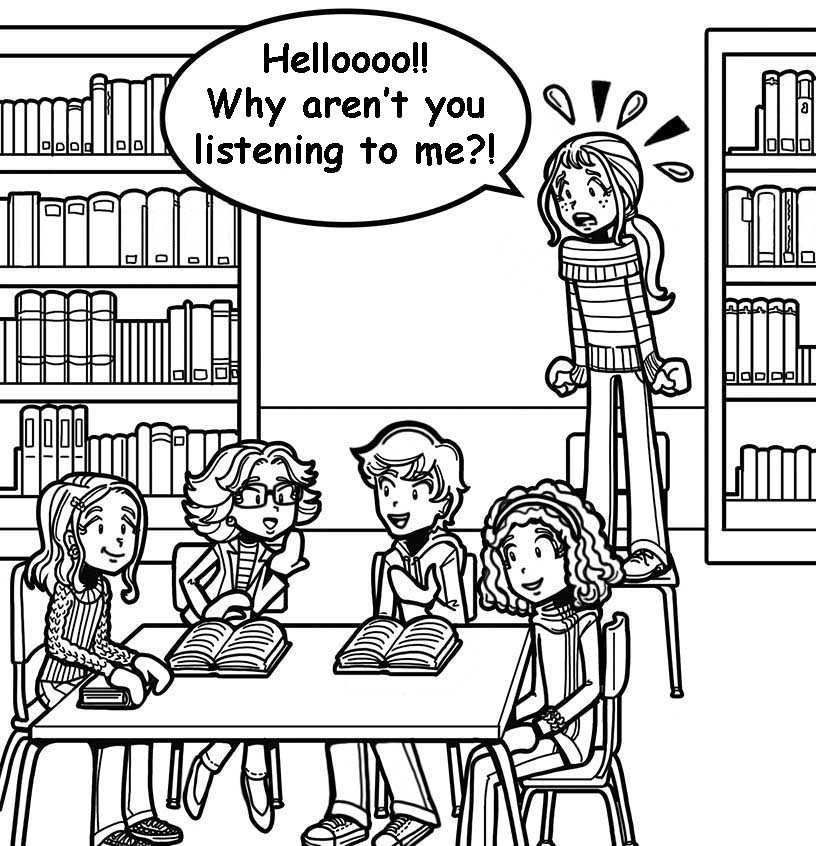Culture and Psychology
Culture has a way of shaming people in situations where they would not be shame in other cultures
The public transport where I live, we had problems with the limit of velocity. There are established routes after where you are living. Buses run to gain more passengers. It causes shame and panic. The morning start with the streets filled with vehicles wanting to advance to their destiny. The people inside of the buses wait with impatience to arrive at work. In this circumstance exceed the limit of velocity would be a benefit to them. The shame takes a little importance if you feel pressure to arrive on time.
The men hunted, and the women farmed
Still today, I can see differences in the drafts of men and women. There is criticism about the importance of women at home.
The stereotypes follow-through of time. My ancestors were very rude with their families. They lived in violence. The man was the principal ruler, and the women did not have a voice. It probably was a good man to them.
Ought Self and Real Self
The competence between people being appreciated, loved, and recognized seems to be the most important. If your birth with different skills in a place where they didn't recognize them, it is difficult to survive. In the society that I grew, the university is a privilege, and the career of medicine is the most. If you are studying medicine, you are better. On the other hand, are the arts compositor, actor, drawing, and theater. If you have prepared in these, you do not are the better you are lazy.
The elements that can cause low self-esteem are the different subcultures that exist inside of every family. Future teachers need to understand that every student comes from families with paradigms marked. Students can be individualist or collectivist. They can have a power distance index low or high. In my country Peru, we have a diversity of traditions and believers that brings paradigms changing. Many families migrate to places where there are more opportunities to grow academically. These families bring their culture with paradigms that can be a misunderstanding. Their children can have problems with the assimilation to know and to understand news paradigms. In this process, they can suffer discrimination being necessary for the support of the teacher. He will help the students through experiences shared to understand the challenges to start to understand a new culture with new paradigms.
This situation can improve having ever presented the self-esteem of every student, avoiding misunderstanding, giving place to the doubt, choosing as a teacher to be embarrassed before that the student. Teachers need to challenge the paradigms of their students being polite help them to exanimate their paradigms in a way depth.















